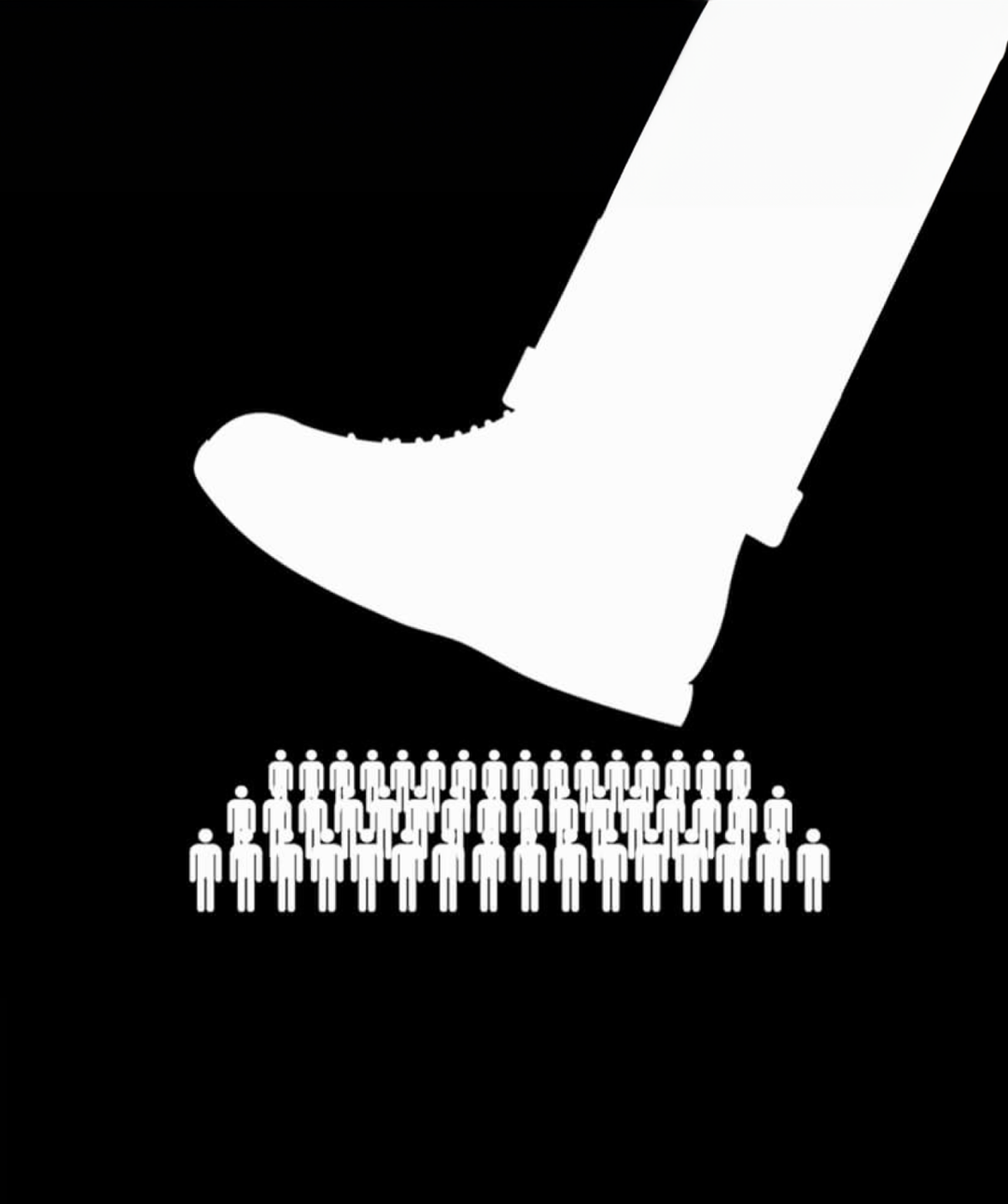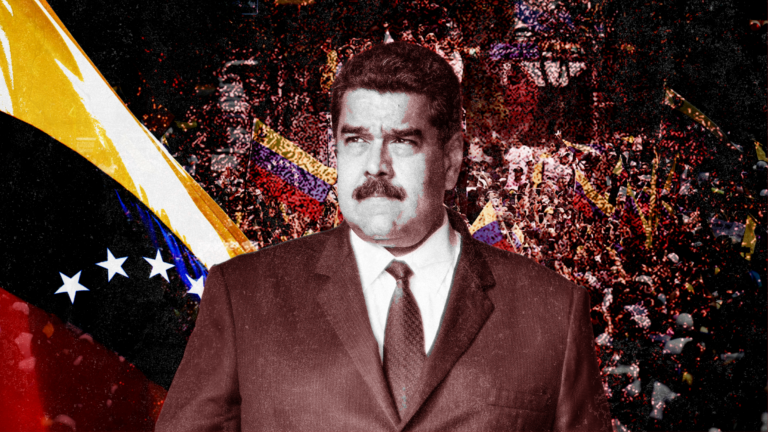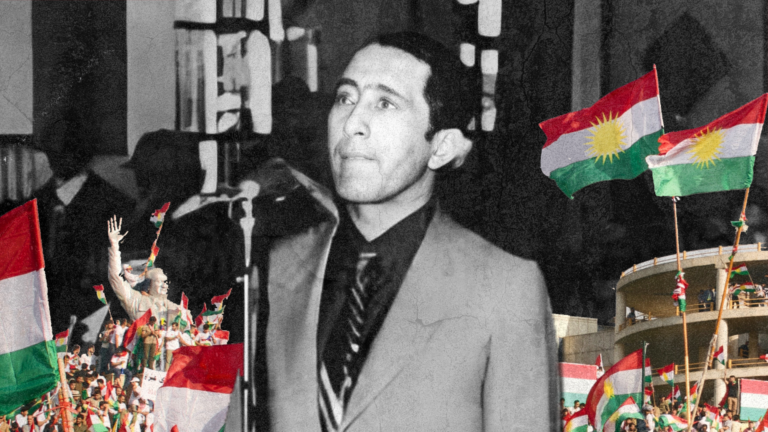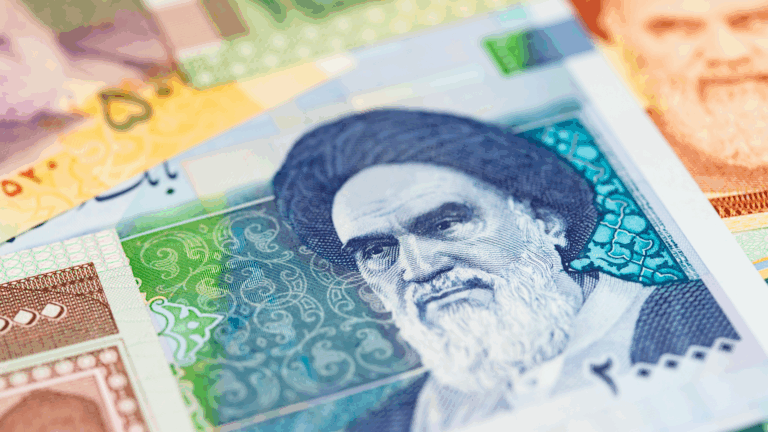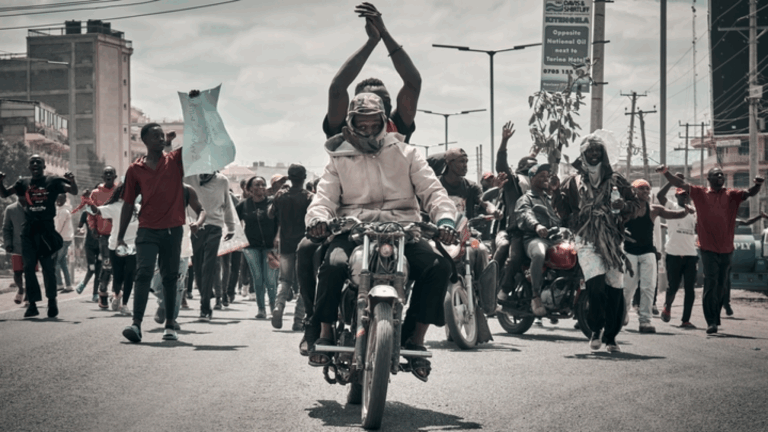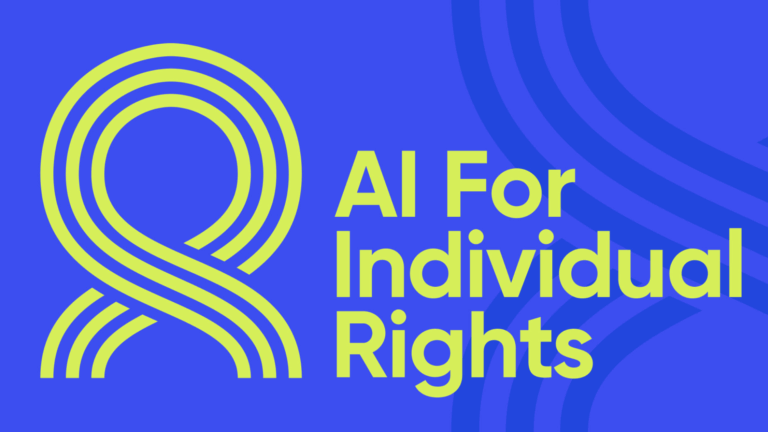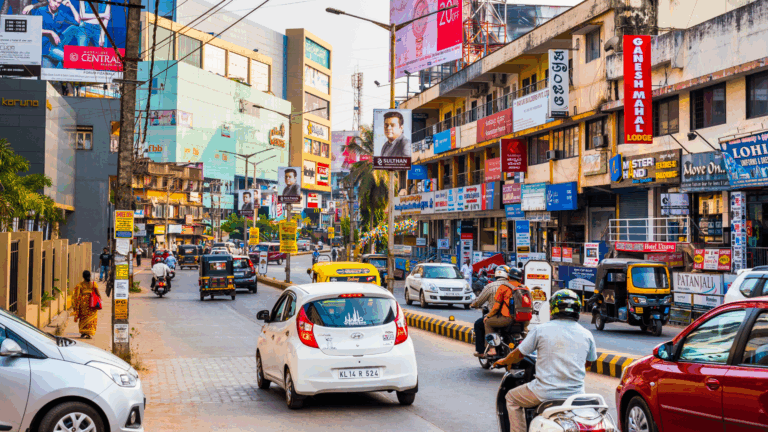On this International Day of Democracy, the Human Rights Foundation (HRF) calls on the international community to support peaceful dissidents and human rights defenders working to promote and protect human rights in countries under authoritarian rule. HRF calls on democratic governments to defend democratic values, particularly in countries where commercial and geostrategic interests conflict with the promotion of basic rights.
Democracy Has Been Withering
Since HRF last commemorated the International Day of Democracy, authoritarian regimes have exploited some of the world’s most pressing crises to their advantage. Putin used his illicit invasion of Ukraine to tighten his grip on civil society in Russia and expand his authoritarian influence abroad. The Taliban leveraged their takeover of Afghanistan to roll back women’s and girls’ rights. Saudi Crown Prince Mohammed Bin Salman exploited diplomatic overtures in the fallout of the war in Ukraine to double down on repression, sentencing two women’s rights activists to record jail sentences within a month of meetings with President Biden and President Macron. China exploited the fanfare of the Olympics to obscure its long list of tyrannical abuses, which include the genocide against Uyghurs in Xinjiang, the stifling of human rights in Tibet, and the backsliding of freedoms in Hong Kong. Paul Kagame’s regime in Rwanda used the refugee and migrant crisis in Europe to partner with the United Kingdom in a scheme that threatens to upend the global protection system for asylum seekers. And other regimes — such as those in Belarus, Burma, and Nicaragua — simply exploited the world’s attention on Ukraine to continue their crackdowns. These are mere snapshots of how authoritarianism has eroded human rights over the last year. Dictators globally have continued persecuting dissidents calling for democratic reforms in closed societies.
Now more than ever, the world is in dire need of democracy — 54% of the world’s population lives under authoritarianism. That means that authoritarian regimes have prevented more than four billion people from enjoying their right to freedom and democracy. Year after year, the number of people subjected to authoritarianism has increased. Since 2020, an additional 200 million individuals now live under tyranny, leaving them vulnerable to authoritarian abuse and exploitation.
The Numbers are Alarming
Statistics show that there is a correlation between authoritarianism and a variety of global crises. In fact, authoritarian regimes worldwide remain at the root of the world’s worst problems: wars, humanitarian crises, transnational repression, military coups, corruption, kleptocracy, arbitrary detentions, enforced disappearances, spyware, forced labor, environmental crimes, and sportswashing. Authoritarian regimes are also less likely to combat human trafficking. According to HRF’s research, 100% of the worst-performing states for efforts to combat human trafficking are authoritarian, and in some cases, these regimes are drivers of human trafficking. Authoritarianism also leads to greater displacement — 97% of refugees originate from authoritarian regimes. They circumvent norms to deny basic liberties and limit electoral freedom, press freedom, and freedom of speech, among many others.
Efforts for Democracy
As these abuses unfolded in the last year, HRF has spearheaded multiple campaigns to help those living under authoritarian rule. In Zimbabwe, the Philippines, and Eritrea, HRF shed light on dissident efforts to combat state repression during the pandemic. In Belarus, HRF established multiple funds to uplift dissidents, including the Belarus Solidarity Fund, which provides a lifeline to the country’s dissidents and civil society movements, and the Belarus Journalism Initiative, which awards grants to independent Belarusian media outlets and journalists forced to relocate due to Alexander Lukashenko’s repression. HRF also partnered with leaders of the Belarusian diaspora to raise money for Belarusian workers striking at state factories. In Ukraine, HRF’s Ukraine Solidarity Fund raised more than $300,000 for humanitarian aid for over one million people inside Ukraine. HRF also conducted efforts to fight Putin’s propaganda by hosting information campaigns.
Moreover, HRF’s Afghanistan Community Aid facilitated the evacuation of Afghan families and civil society organizations to safety. HRF also established social development and humanitarian grants that provided enhanced nutrition, food security, education, and stable housing to over 100 Afghan families. As part of its Wear Your Values program, HRF highlighted the intersection of fashion and human rights by launching the Uyghur Forced Labor Checker. This Google Chrome plug-in aims to educate online consumers about the widespread use of Uyghur forced labor. It also serves as an accessible tool for the public to help keep products made with Uyghur forced labor out of their online shopping carts.
Dissidents’ Voices Need to Be Heard
For freedom to thrive in authoritarian regimes, support for dissidents on the frontlines must be sustained. Part of commemorating democracy is learning about the struggles of those deprived of it and their efforts to advance liberty. HRF recognizes the importance of uplifting the stories of democracy defenders. Since its inception in 2009, the Oslo Freedom Forum (OFF) has provided a stage for some of the world’s bravest human rights defenders to share their stories. OFF is where activists, artists, journalists, technologists, entrepreneurs, philanthropists, academics, and world leaders meet to share their stories and brainstorm ways to expand freedom and unleash human potential across the globe.
You can participate in the global movement for democracy by attending the Oslo Freedom Forum in New York (OFF in NY) on October 3 at The Town Hall! OFF in NY will provide a platform to the important causes of democracy and human rights, and will empower activists as democracy comes under threat around the world. Hear the stories of some of the world’s most prominent dissidents, thinkers, and authors, including:
– Garry Kasparov, Russian Chess Grandmaster, pro-democracy advocate, and Chairman of the Human Rights Foundation
– Anna Kwok, Exiled Hong Kong activist
– Berta Valle, Nicaraguan journalist and pro-democracy activist
– Carine Kanimba, Daughter of imprisoned “Hotel Rwanda” hero Paul Rusesabagina
– Chemi Lhamo, Tibetan activist and community organizer
– Toufah Jallow, Gambian anti-rape activist and survivor
– Leopoldo López, Venezuelan opposition leader & democracy activist
– Masih Alinejad, Iranian journalist and activist
– Oleksandra Matviichuk, Ukrainian human rights lawyer and head of the Center for Civil Liberties
– Yeonmi Park, North Korean defector and expert on the country’s black market economy



